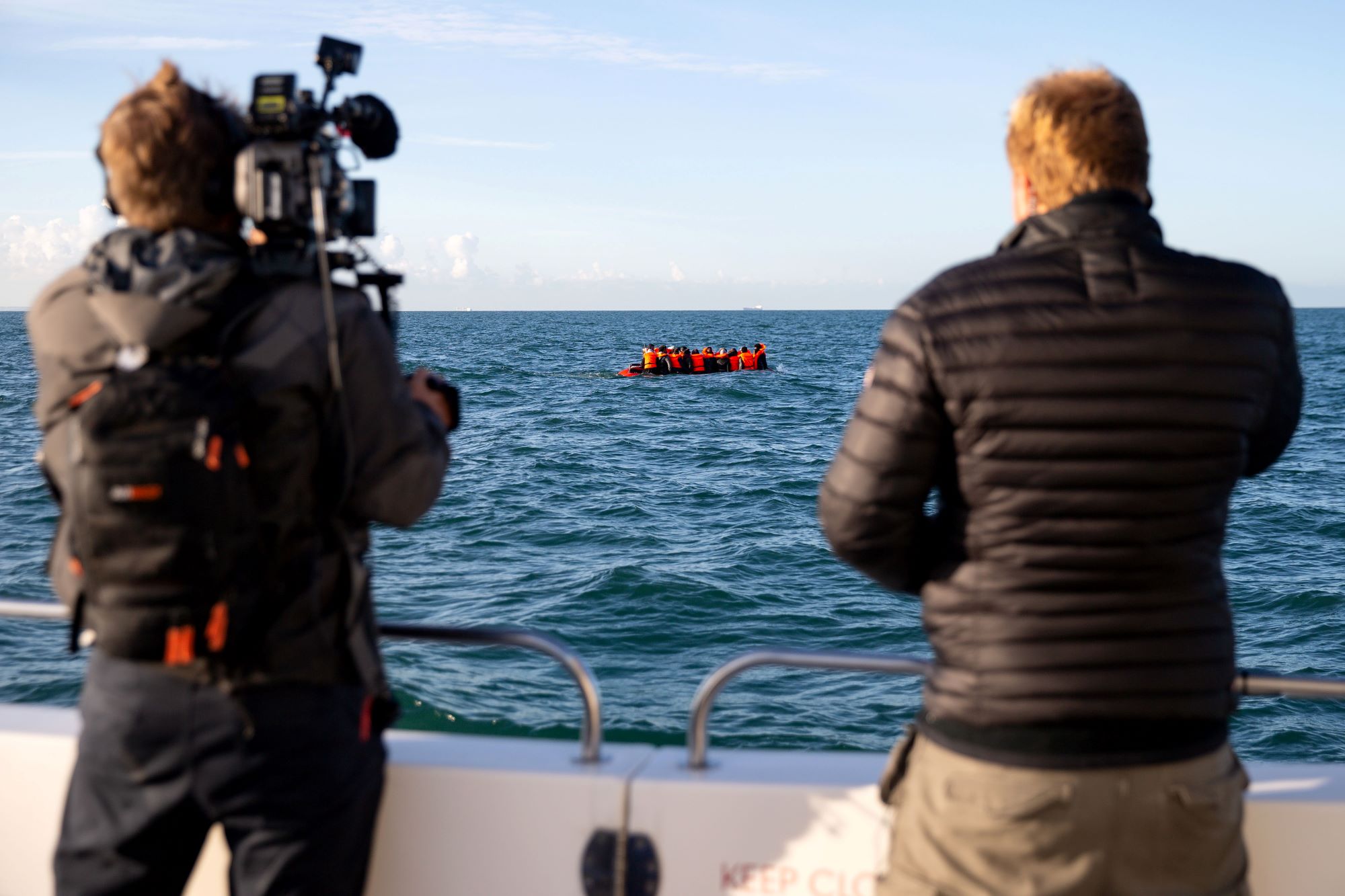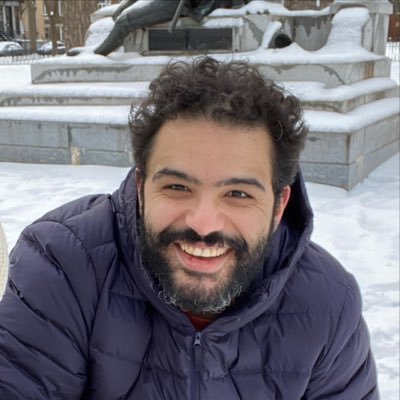As tragedy strikes in the English Channel and the refugee crisis mounts at the Polish border, we examine why it is so important to use the correct language when covering refugee stories. Part two of our series.
Read more: Part One, Part Three, Part Four
Prior to working on reporting the refugee crisis, you must be aware of the linguistic nuances that are crucial to the story – the distinction, according to the United Nations (UN), between a refugee, an internally displaced person (IDP), an asylum seeker, an economic migrant and a stateless person.
Refugees are people who fled their country due to war, conflict, feared persecution, or other circumstances that have seriously disturbed public order, and who, as a result, require international protection.
IDPs are persons or groups of persons who have been forced to leave their homes or communities, due to the effects of armed conflict, generalised violence, violations of human rights or natural or human-made disasters. The main difference between an IDP and a refugee is that the former has not fled to another state, whereas the latter has. The rights and well-being of IDPs are still the responsibility of their national government, while refugees are protected by international law.
Xenophobia can be fuelled as people switch from sympathising with the plight of the oppressed to becoming hostile to others who are perceived to be 'jumping the queue' to gain the benefits of living in an affluent society
An asylum-seeker is someone who is seeking international protection and has requested asylum in a foreign country due to persecution or serious danger, but whose claim has not yet been assessed. In other words, an asylum seeker is someone who has formally requested to be granted status as a refugee in a foreign nation. All refugees are asylum seekers, but not all asylum seekers will end up being formally recognised as refugees and protected by international law.
An economic migrant is someone who has chosen to leave their country of origin for reasons such as better economic opportunities or living standards. Hardships can force people to migrate for economic reasons. However, regardless of the reasons, it is important to distinguish economic migrants from refugees, as the former are not subject to international protection.
A stateless person is “a person who is not considered as a national by any state under the operation of its law”. In the context of Syria in particular, most stateless persons are children born to refugees who have fled the country and been unable to register their newborns.
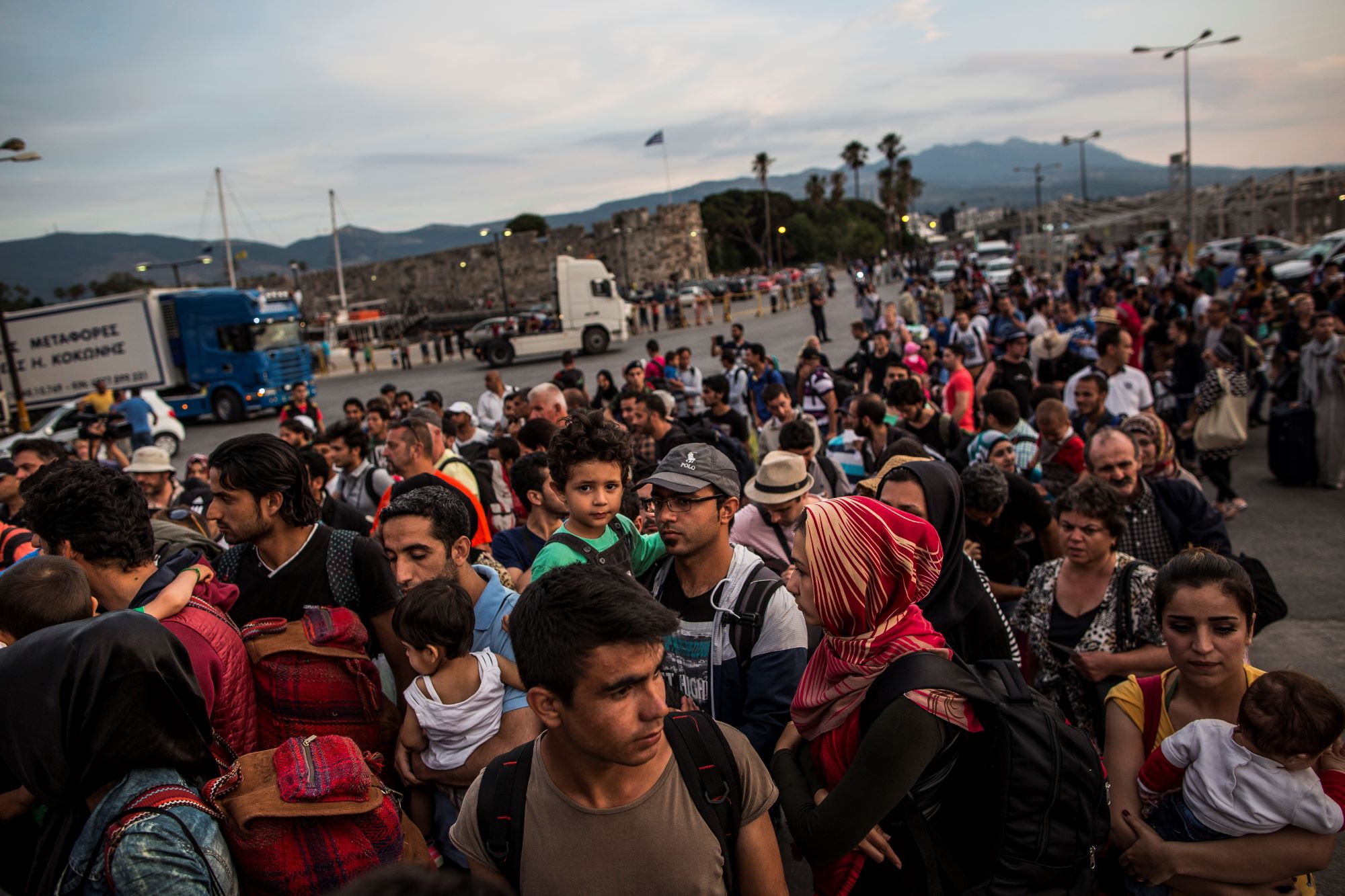
Identifying false narratives
These distinctions are important because of the rhetoric surrounding the refugee crisis in places that have received thousands of people over the last few years.
Some of the arguments that call for limitations on the influx of refugees are based on the assumption that many of those seeking new homes abroad are not, in fact, refugees, but economic migrants, who are not fleeing persecution but possibly seeking to usurp the jobs of people in the countries that have welcomed them. This is a problematic issue as it transforms the debate from one around shielding the vulnerable from death and destruction to one about economic opportunities.
An understanding of the distinctions will help you to clarify when false narratives are being propagated and to grasp the nuances of local reactions to influxes of people fleeing their countries
Xenophobia can be fuelled as people switch from sympathising with the plight of the oppressed to becoming hostile to others who are perceived to be “jumping the queue” to gain the benefits of living in an affluent society. This is not meant as an argument against protecting economic migrants: they are also subject to a range of abuses, as evidenced by a CNN investigation that showed African migrants attempting to flee to Europe being held in horrific conditions in detention centres in Libya and even sold as slaves.
Reporting on the abuses these people face and the conditions of economic inequality that spurred their flight are necessary. However, an understanding of the distinctions will help you to clarify when false narratives are being propagated and to grasp the nuances of local reactions to influxes of people fleeing their countries, besides the obligations of the states and the international community to those individuals. Always ask yourself who benefits from creating and propagating these false narratives.
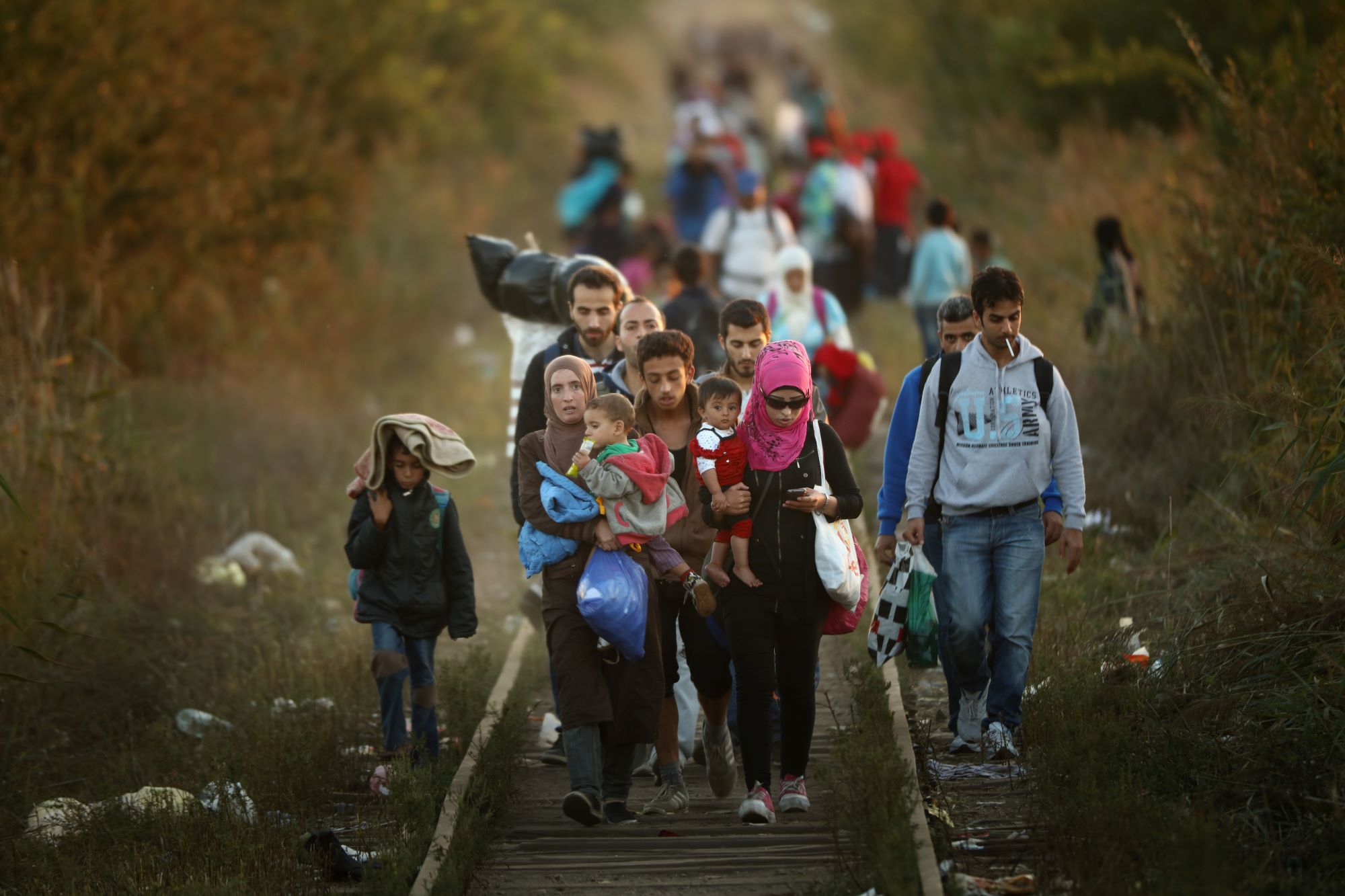
Learning who is entitled to international protection
It is also important to understand the definitions because the status of an individual fleeing their country determines whether they have access to international protection. In the specific case of refugees, this includes a responsibility to admit them and ensure they are not forced to return to the place where they suffered persecution or violence, to ensure their safety and well-being, help them deal with trauma, help solve the crisis that led to their flight, help them return to their homes if that becomes feasible, and assist in their integration in their host country.
Always ask yourself who benefits from creating and propagating these false narratives
As a journalist covering these issues, you must understand these distinctions and report on trends in the movement of peoples around the world objectively, first by determining the kind of story you are reporting on. Quick Overview: Who is Protected by International Law? While refugees and asylum seekers are protected by international law, IDPs and economic migrants are not.
Knowing this will help frame your understanding of how these individuals are being treated by the countries where they have sought refuge, to understand the abuse or violation of rights that they suffer in the context of international laws and conventions, and to determine whether the host country is violating its international commitments.
A good starting point is an identification of whether the host country has signed the international treaties and covenants that protect refugees and asylum seekers.
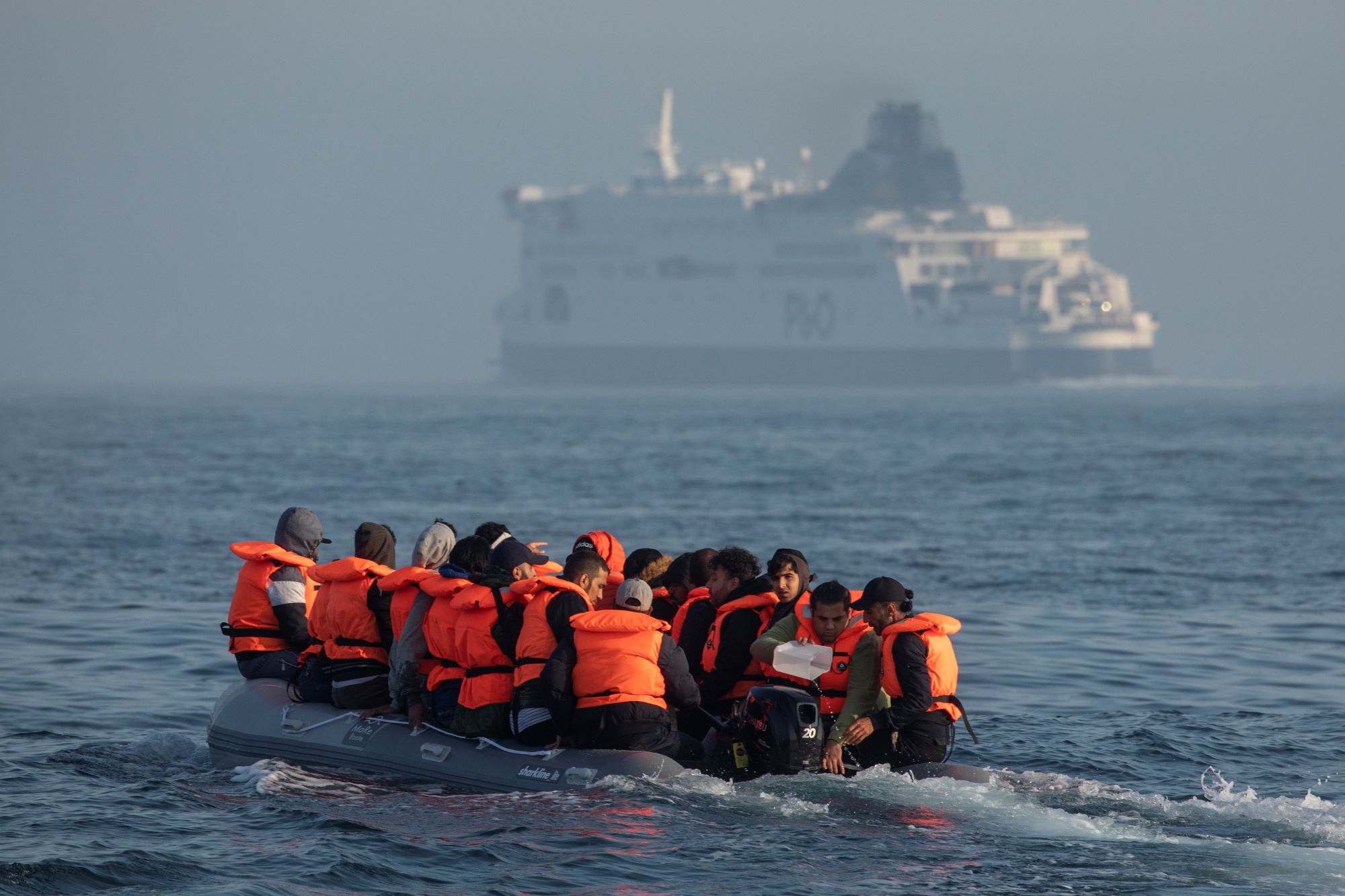
International Refugee Protection Regime
The legal regime protecting refugees is called international refugee protection, and is formed by:
• Article 14 of the Universal Declaration of Human Rights - the right of everyone to seek and enjoy asylum. The notion of asylum would be developed later, in the 1951 Convention.
• The bedrock of the legal framework of refugee protection, the 1951 Convention related to the Status of Refugees and its 1967 Protocol, along with regional legal instruments, such as the 1969 Organisation of African Unity Convention Governing the Specific Aspects of Refugee Problems in Africa and the Cartagena Declaration.
Use of terminology at Al Jazeera
By Montaser Marai, Manager of Media Development at the Al Jazeera Media Institute
The English and Arabic Channels of Al Jazeera have debated thoroughly which words should be used to refer to people who have left their countries under a variety of circumstances. When large waves of asylum seekers first began to travel from Turkey to Europe, editors at our newsrooms used the term “migrant”.
Editorial discussions later took place about the need to employ more precise terminology, taking into account the context in which people were leaving their countries of origin. The first decision on terminology was in relation to Syrians forced to leave their homes because of war. Our newsrooms acknowledged that referring to them as “migrants” did not accurately describe their situation, or the wider context of the humanitarian crisis they were experiencing and, consequently, deprived them of the rights they were entitled to under international human rights and humanitarian law.
A second editorial decision was made to refrain from using the term “illegal immigrants” and to replace it with “irregular immigrants” to refer to people leaving their country of origin for economic reasons. Al Jazeera has thus raised awareness within its newsrooms of the need to exercise caution not to fall into terminology traps that might seek to shape narratives, for example by depicting all people arriving in particular countries as illegal.
This article first appeared in the AJMI publication, Covering Refugee Stories
